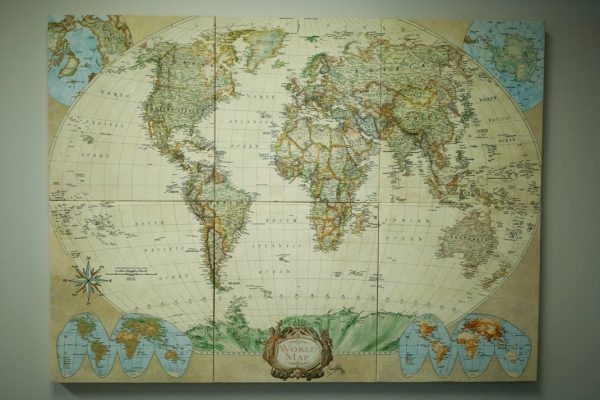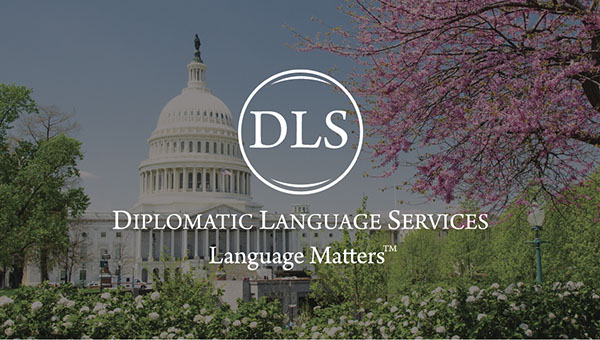Laughs. Smiles. Scowls. In every society, the meaning of these actions are the same, understood automatically. Why isn’t human language like that? Why isn’t human language like that? Wouldn’t it be better if everybody could speak the same way, so we could all understand each other?
Why don’t we all speak the same language?
In the Tower of Babel story, when people were all of one speech they became troublesome, so that their language was confounded, and they themselves scattered over the face of the earth. There have since been various attempts to put things back together again. One attempt was making up a new language that everybody could learn, called Esperanto. Another was (is) holding on to an extinct language that used to be common, like Latin, Sanskrit, Sumerian.
Up to now, success has been always partial and never permanent. But what if one language, maybe English or Mandarin could draw more and more people into its cultural and commercial orbit until we ended up with just one language for everybody?
One thing is certain about language: change. Every language is changing all the time, and although change is more dramatic in some periods than others there is no language that has stood still. Unless language users are in close, constant contact, their speaking will go off in different directions. Different accents, different dialects, and finally different languages. So to keep a One Earth Language intact, all the users would need to be communicating frequently, and not just reading one another’s words, but hearing one another’s voices.
It’s just barely possible to imagine such a world. And then, whether having just one language would be a good thing, or even reduce the amount of conflict, is another oversize question.
By Dudley Hagen
For more DLS, check out other blogs and visit us on Facebook, LinkedIn, Instagram, or Twitter



